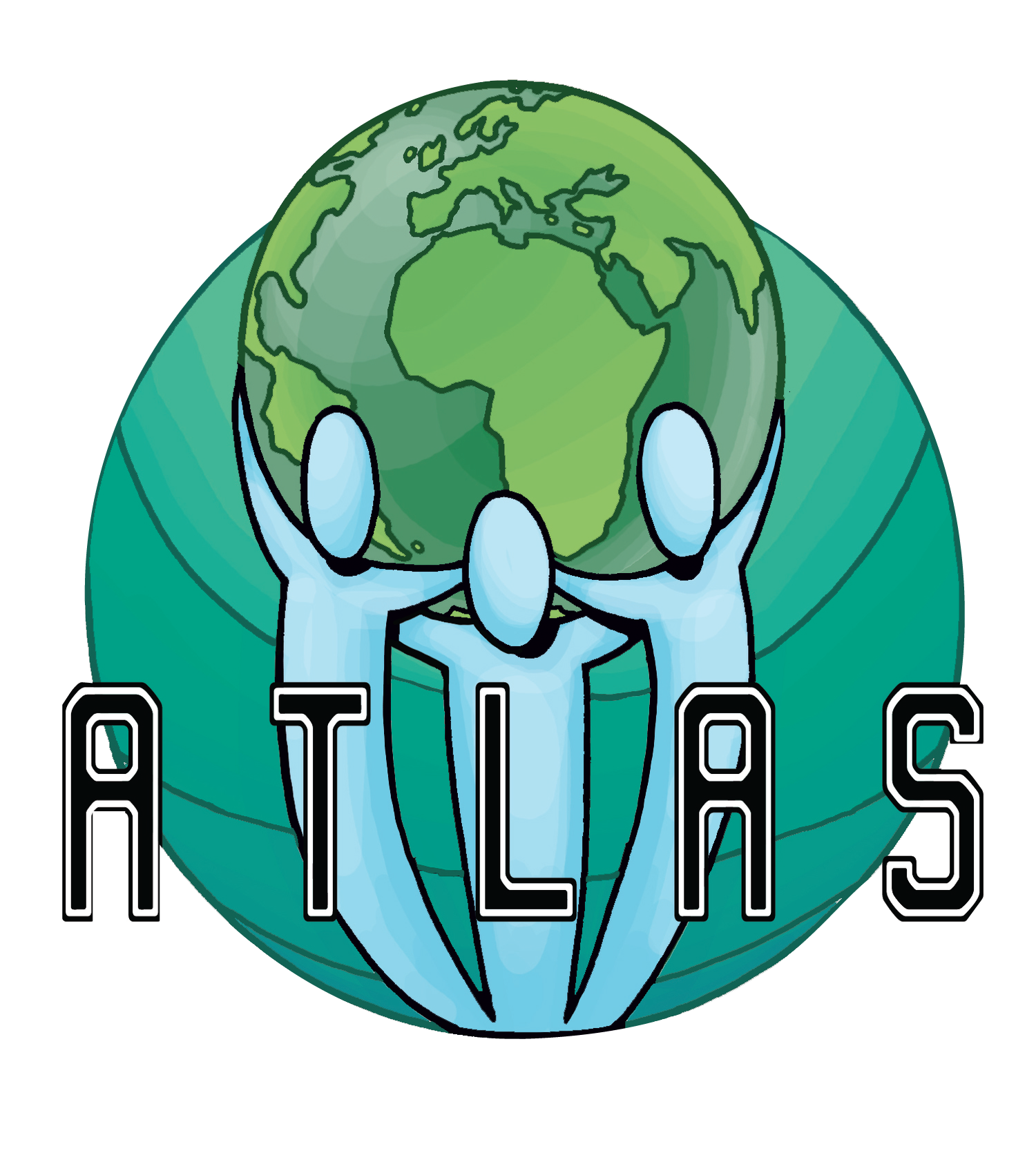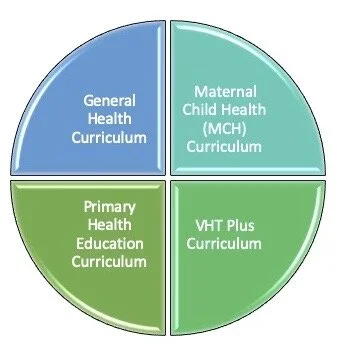Atlas strives to increase health literacy in the communities we serve
One of the most sustainable endeavours in low resource settings is a sharing of information. We aim to provide evidenced-based, high quality, easy-to-understand, and culturally relevant health information to the communities we serve. This in turn can help people advocate for their good health and better partner with their healthcare providers. In the process, our volunteers enrich their fund of knowledge and bring lessons back to their colleagues at home.
Dr. Elizabeth, Dr. Kristina, and MS4 Ashton, MCW, teaching basic health topics, Manafwa, 2016 (photo credit Ashton Schwerin)
WHY TEACH?
Education is the single greatest tool we have to combat illness in rural Uganda. ATLAS requires all volunteers and medical trainees to provide health education to community members, both at health centers and from within the communities themselves. Volunteers can provide educational sessions to groups of patients waiting at clinics; to students and local primary and secondary schools; and to community groups at their weekly meetings. Volunteers partner with local leaders to interpret lessons into local languages, if necessary. Volunteers find this activity one of the most fun and rewarding parts of their time in Uganda!
Health education curricula
To ensure that the information to be disseminated to a community is correct and in accordance with Ministry of Health guidelines, ATLAS designed standardized curricula meant to address the educational needs within communities. Curricula usually include visual aids, review/discussion questions and activities, and they are designed to be either a verbatim teaching guide for lesser-trained health workers/volunteers or a suggestion to higher trained health workers/volunteers for how to deliver the information. Whether we teach at schools, at the clinic, at community meetings, or to the staff, we keep these curricula as the foundation of all the education provided.
Dr. Traci Downs, SUNY, teaching VHT members from health curricula, Manafwa, 2013 (photo credit Lisa Umphrey)
GENERAL, MCH & Student Curricula
The General, MCH and Student Curricula are a series of short lectures intended to maximize patient education for school classes; for community group meetings; or for waiting patients at health centers. Volunteers can teach multiple lectures in a day and can rotate through topics during the week, if they have the opportunity. Visual aids and grain-sack posters are usually available, and if not, volunteers can make them to add to the collection for future volunteers. Sessions usually end with interactive question/answer periods that are fun for everyone.
New VHT-Plus training sessions, Manafwa Distract, 2013 (photo credit Douglas DaSilva)
Village Health team "plus" CurriculUM
Village Health Teams (VHTs) are groups of respected community members who serve as the health focal point for their communities. Their duties include education provision, community mobilization, treatment of basic health conditions, and referrals to health centers. To become VHT members, volunteers complete a Ministry of Health (MOH) training.
To augment the MOH VHT Training, ATLAS created a "VHT-Plus" Training. VHT members learn additional skills, such as how to take vital signs and better identify and refer sick patients, and they can have the opportunity to shadow in health centers to prepare for future careers in healthcare.
INTERESTED IN THE ATLAS Community Education tools?
Contact us here if you would like to receive our education materials or discuss how to implement them at your health center.
Can we help you find something?





